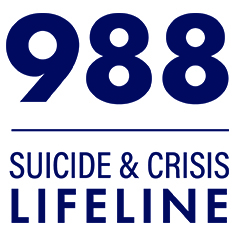Youth Suicide Prevention in Indigenous Communities: Making a Case for Broader Interventions that Build on Injury Prevention Principles
Youth suicide is a prevalent issue in North America, and is the third leading cause of death for all young people on the continent. The problem is even worse for rural Indigenous youth, for whom suicide is the second leading cause of mortality. Some Indigenous communities suffer from the highest youth suicide rates in the world, while others have rates far below the national average. These community-level differences suggest potentially important areas for intervention. In this webinar, presenters Birdie Trainor and Lisa Wexler described some of the challenges to approaching suicide prevention one individual at a time, particularly for Indigenous communities, and offered some alternative strategies that utilize a broader approach to prevention. The presentation identified evidence-based interventions that focus on broad-based injury prevention principles, described some promising approaches that build on community-level support systems and service-system infrastructure that are in development in one Indigenous rural region of Alaska, and shared current suicide prevention research relevant to Indigenous communities (Wexler & Gone, 2012; Wexler, 2009).
Presenters: Bridie Trainor and Lisa Wexler
A tribal member of Nome Eskimo, Bridie Trainor earned a B.A. in Psychology from the University of Alaska Fairbanks. Bridie has worked in residential treatment centers with women, children, and teens in Alaska and New Mexico. Bridie has been Director of Kawerak Wellness since 2009. Kawerak, Inc. is a tribal non-profit representing the twenty tribes of the Bering Strait Region including people of Inupiaq, Yupik, and St. Lawrence Island Yupik descent. Lisa M. Wexler, Ph.D., MSW, is an associate professor in the Department of Public Health at the University of Massachusetts Amherst. Her current work often utilizes participatory and digital methods to engage young people in research as co-investigators and help new projects build linkages between formal and informal systems of care and support in tribal and other marginalized communities.
